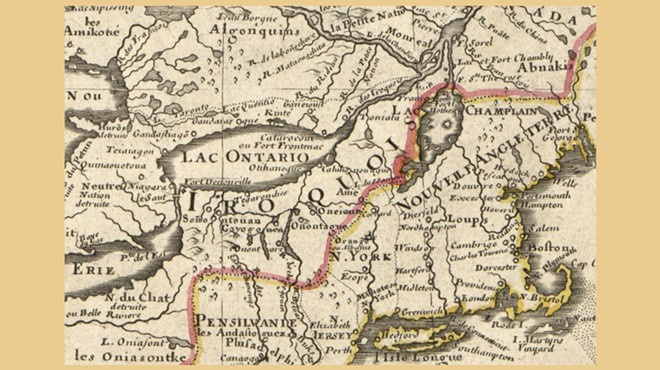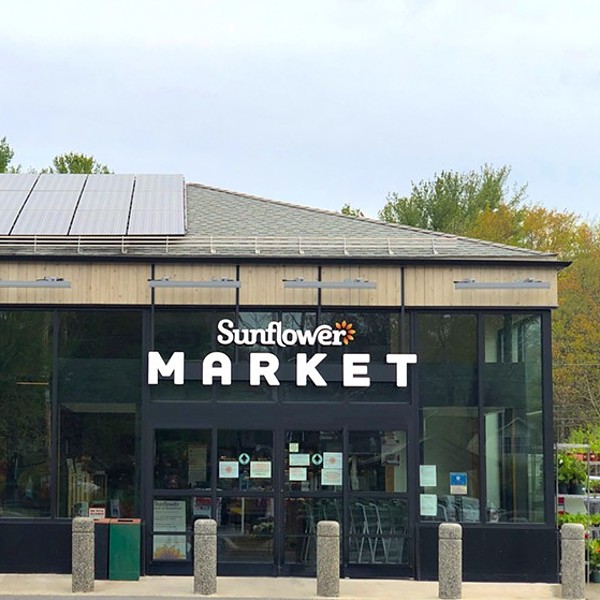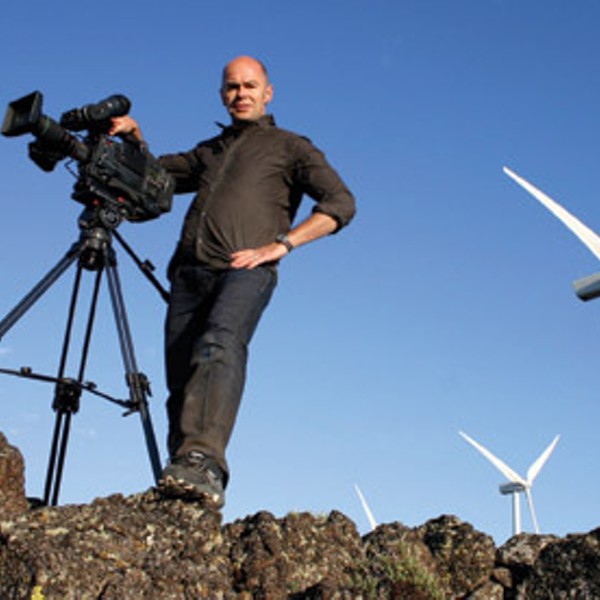So you would envision a three-state solution?
Yeah, but it’s going to be messy. Nothing is going to be complete. You’ve got a country with two million internal refugees. They are running from something. They are not running from Americans. They are running from Sunni, and from Shiite and vice versa. An ecumenical, secular Iraq is done for and finished.
That’s a pretty intense assessment. I’d like to get to the issue of Kurdistan. Kurdistan has been a beacon of calm. I was there this summer. It is certainly nothing like the rest of Iraq. It was very safe; there was no visible presence of American soldiers. The Peshmerga provide security—
That’s because there is virtually no intermixing. If you go to Erbil, if there are any Shiites there, or Sunni Arabs, their numbers are so insignificant that they don’t really matter even as a minority. Since 1991, Kurdistan has had the chance to coalesce into a sort of country—a de facto country. It’s much easier to unify the Kurds—the KDP and PUK [Kurdistan’s leading political parties]—than it is to unify the rest of Iraq. There’s a solution you can come up with, getting the Kurds to agree to a constitution of some sort and sharing the wealth. That’s very feasible, but of course it would be outside the boundary. The Kurds don’t want to be part of Iraq again.
The Kurds want their independence. They want to be a separate state.
That’s what I said.
Well, there’s a bit of a semantic difference. The Kurds have always wanted their independence since post-WWI, when the Ottoman Empire collapsed and they were promised a separate state via the Treaty of Sevres. When Ataturk wrested Turkish independence from the Allied forces and disposed of the Sultan, he demanded and got a new treaty. It incorporated the Kurdish population into what we know today as Turkey. Ataturk worked to diminish and eradicate their culture under a banner of Turkish nationalism—“One country one Turk, We’re all Turks.” Ever since, the Kurds have always wanted their independence. This is what the PKK has violently been trying to bring about. The referendum for Kirkuk was supposed to take place in December. It was canceled. You wrote about the potential of some kind of incursion back in September when Turkey was beating war drums. I’m just wondering, is it truly the PKK that Turkey is after? Or is it this fear of separatism that is driving them and, more importantly, a desire to control Kirkuk?
I think the Turks don’t want either one. They don’t want a Kurdish nation because a Kurdish nation will always be a source of instability for Turkey. They don’t want de facto or de jure Kurdish state in Iraq. It undermines their legitimacy over their own country. It would be a bad example for their Kurds who would say, “Well if the Iraqi Kurds got a Kurdish state, why can’t we?”
And the Kurds couldn’t have an independent state without the economic flow from Kirkuk?
They could, but they have irredentist claims to Kirkuk. They really believe it’s theirs. Well, I don’t know if they really believe it, but they say it’s theirs. And they claim that there are more Kurds in Kirkuk than Arabs. So they say, “Lets do a referendum. We’re going to win the referendum. We’re going to get the oil. We’ll ship it out to Turkey, or to Jordan, or wherever and we become a viable state.” That, in itself, upsets [Turkey]. But, more immediately, what is upsetting them is this constant warfare on their border.
And within Turkey proper.
Yes, the violence goes everywhere. And so are the Iranians. The PJAK [in late April] said, “We’re going to start an offensive against Tehran.” PJAK is based in Northern Iraq. And the Iranians look at PJAK as part of the PKK. I mean they call it the PKK but it doesn’t matter what it is, that’s what they call it. The Iranians and Turks actually met on Monday to discuss what to do about the Kurdish problem. The Iranian delegation flew to Ankara to discuss what to do about the PKK and the PJAK. [Editor’s note: According to its website, PJAK stands for the Free Life Party of Kurdistan, and is “in constant battle for the unity and freedom of the Iranian peoples” and supportive of “democratic values, to achieve a radical type of democracy and to be able to launch a system of democratic confederacy in eastern Kurdistan.” As the PKK’s Iranian Kurdish allies, wrote James Brandon, who is currently a senior research fellow at the Center for Social Cohesion in London, PJAK is “potentially one of Washington’s strongest hands against Iran if used in conjunction with nascent Azeri and Arab separatist movements. For these reasons, Ankara is unlikely to force the United States to choose between an increasing Islamic and Iran-allied Turkey and the secular Kurds.”]
I don’t want to belabor the Kirkuk issue, but one of my NYU professors, Jarret Brachman, the director of research at the United States West Point Military Academy’s Combating Terrorism Center, mentioned last semester that military sources have said the fight for Kirkuk would be “to the death.” Turkey was included in this calculation. Turkey cites the fact of their Turkomen “brothers” living in Kirkuk as a reason for their concern. And they talk about the PKK. But in reality, there is a big trade issue that includes oil; there is the US relationship with Turkey, a NATO ally, and the need on the part of the US to use Turkish territory as a staging ground for oil and military supplies entering Iraq. Trade volume between Iraq and Turkey is expected to exceed $10 billion per year in 2009. How does Turkey’s EU accession fit into all of this?
















